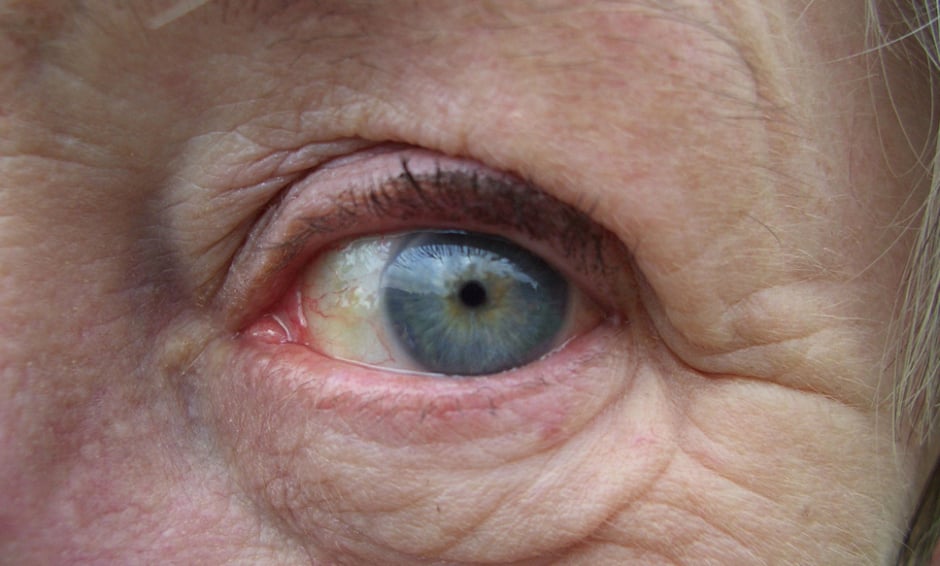GRAFT SURVIVAL rate of a transplanted kidney is similar for kidneys from both donors aged >80 years and donors ≤60 years of age, according to a recent Italian study. By highlighting the effectiveness of kidney grafts from octogenarian donors, this research allows for the expansion of the donor-organ pool and provides hope for many patients waiting for vital kidney transplants.
Colleagues from the Clinical Research Centre for Rare Diseases ‘Aldo e Cele Daccò’, Mario Negri Institute for Pharmacological Research, Bergamo, Italy, led by Prof Piero Ruggenenti, investigated graft survival in 37 patients who had received one or two histologically evaluated kidneys from donors >80 years of age. Using 198 reference recipients of non-histologically evaluated single grafts from donors ≤60 years old, the team studied median survival of the octogenarian grafts.
Overall, researchers found no significant difference in the survival of kidneys from both study groups. Over a median of 25 months, 2 recipients (5.4%) and 10 reference-recipients (5.1%) required dialysis, indicating kidney failure (crude and donor age and sex-adjusted hazard ratios: 1.55 [95% confidence interval: 0.34–7.12; p=0.576] and 1.41 [95% confidence interval: 0.10–19.54; p=0.798]). This result was also reflected in outcomes of shared frailty analyses; the 37 recipients were compared to 74 reference-recipients in a 1-to-2 propensity score study and matched by centre, year, and donor and recipient sex and age. During an 84-month follow-up, the serum creatine levels were alike in both groups and similar adverse events were observed. When studying waiting times, the researchers found the recipients of kidneys from donors >80 years old had to wait 7.5 months for graft transplant, compared to a wait of 36 and 40 months for reference-recipients and matched reference-recipients, respectively (p<0.0001).
The results from this study highlighted the success of kidney transplants from donors >80 years old and the importance of considering octogenarian donors for kidney transplants. With positive implications for the field of organ transplant, the authors commented on the consequences of these results for kidney recipients: “Biopsy-guided allocation of kidneys from octogenarian donors permits further expansion of the donor-organ pool and faster access to a kidney transplant, without increasing the risk of premature graft failure.”
(Image: freeimages.com)








